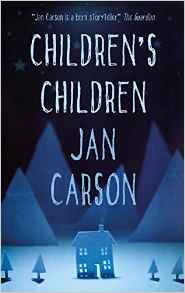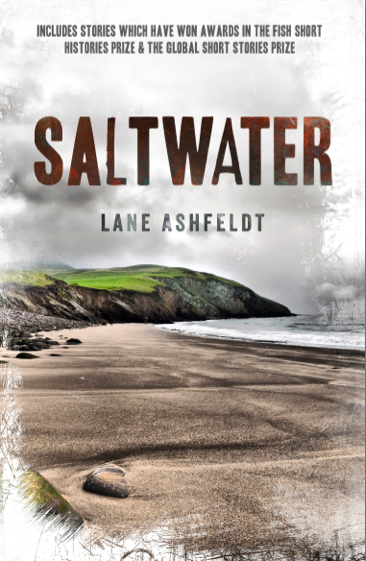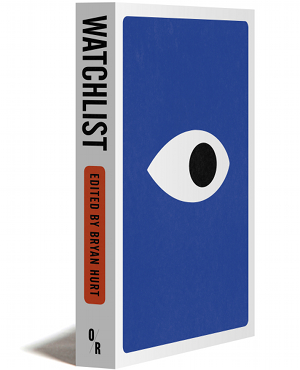Children’s Children by Jan Carson
-Reviewed by Richard T. Watson–
Two of the short stories in Jan Carson’s collection Children’s Children serve as handy examples of the two different styles at work in the book as a whole.
On the one hand, there’s ‘How They Were Sitting When Their Wings Fell Off’, the story of two shared lives interrupted by the rupture that should have been the beginning of a third life, but ends up leaving a void instead. It’s not strange like some of the others, except in the oddities of how people behave when grieving. This is deeply moving at times, and a realist, life-like story that feels worth telling (unlike some of the other more realist stories in Children’s Children), because there’s a change in the character’s situation here, and genuine deep emotion.
On the other hand, and coming two stories later, there’s ‘Alternative Units’, which is, as the title suggests, rather alternative in content. It features another family of three whose lives together don’t quite add up to a whole number, but this time with a definite twist that I don’t want to spoil here. It’s dark and weird, and sweet in an unsettling sort of way.
The rest of the collection falls broadly into these two patterns, and by and large the slightly more absurd ones not only make more of an impression but are simply more fun. Some of the others can be a bit pedestrian, and sit oddly alongside a set of stories that cock a very slanted view of the world, specifically of an off-kilter East Belfast.
There’s ‘Swept’, which is very much in the realist, slice-of-life mode, with married and retired ennui dominating the story of a man who really doesn’t like his sister-in-law. He doesn’t seem so sure about her sister, his wife, any more either, since he retired and has to spend all day with her. It’s a mix of petty revenges and domestic tasks that culminates in a faintly desperate act which somehow fails to be particularly moving, and strikes an unusual false note for Carson.
That said, ‘We Got Each Other And That’s A Lot’, is also fairly down-the-line in terms of its realism, but manages to be exciting and genuinely funny, with some sharply-drawn characters squeezed into its few pages. The explicit Bon Jovi reference helps anchor a feeling and a tone perfectly for this story as well. ‘Den and Etsie Do Not Remember the Good Times’ is, unlike ‘Swept’, an everyday story of decline that actually feels worth telling. There’s nothing especially remarkable about it as a story, but it’s moving nonetheless, and earns its place in the collection rather more than ‘Swept’.
Like ‘Alternative Units’, ‘We Got Each Other And That’s A Lot’ has its darker undercurrent, which you also get with the loss of faith in the moving ‘Dinosaur Act’ and ‘In Feet and Gradual Inches’, which is a disturbing, modern Grimm tale if ever I read one (this one is composed purely of tension, perfect pace and dark chill). ‘Contemporary Uses for a Belfast Box Room’ also has that Grimm-esque darkness – especially in expendability of its young children – in a story that’s composed entirely of punchy, sometimes funny, sometimes poignant, little snapshots in the lives of houses.
Of course, a few other stories follow the more absurd approach, and these are the more striking. An early highlight is ‘Still’, which centres on the increasingly sedate life of a living statue (it’s not as slow-moving as that makes it sound, and the story itself is actually very drily funny). Like ‘Floater’ and ‘More of a Handstand Girl’, it’s a bit mad. The floater, by the way, is a toddler who is tethered to a garden fence so she doesn’t float away in an otherwise absurd tale made plausible by the very human heart of the child’s conflicted mother. The handstand girl, meanwhile, is in a similarly absurd story, but one that strains the edges of credulity somewhat, and lacks the humanity to make it engaging like ‘Still’, ‘Alternative Units’ or ‘Floater’.
Children’s Children takes a little while to get going, and has a few stories that feel like they belong in a different, much more strait-laced collection, but the highs are really very good and there’s a pleasing little collection here.




